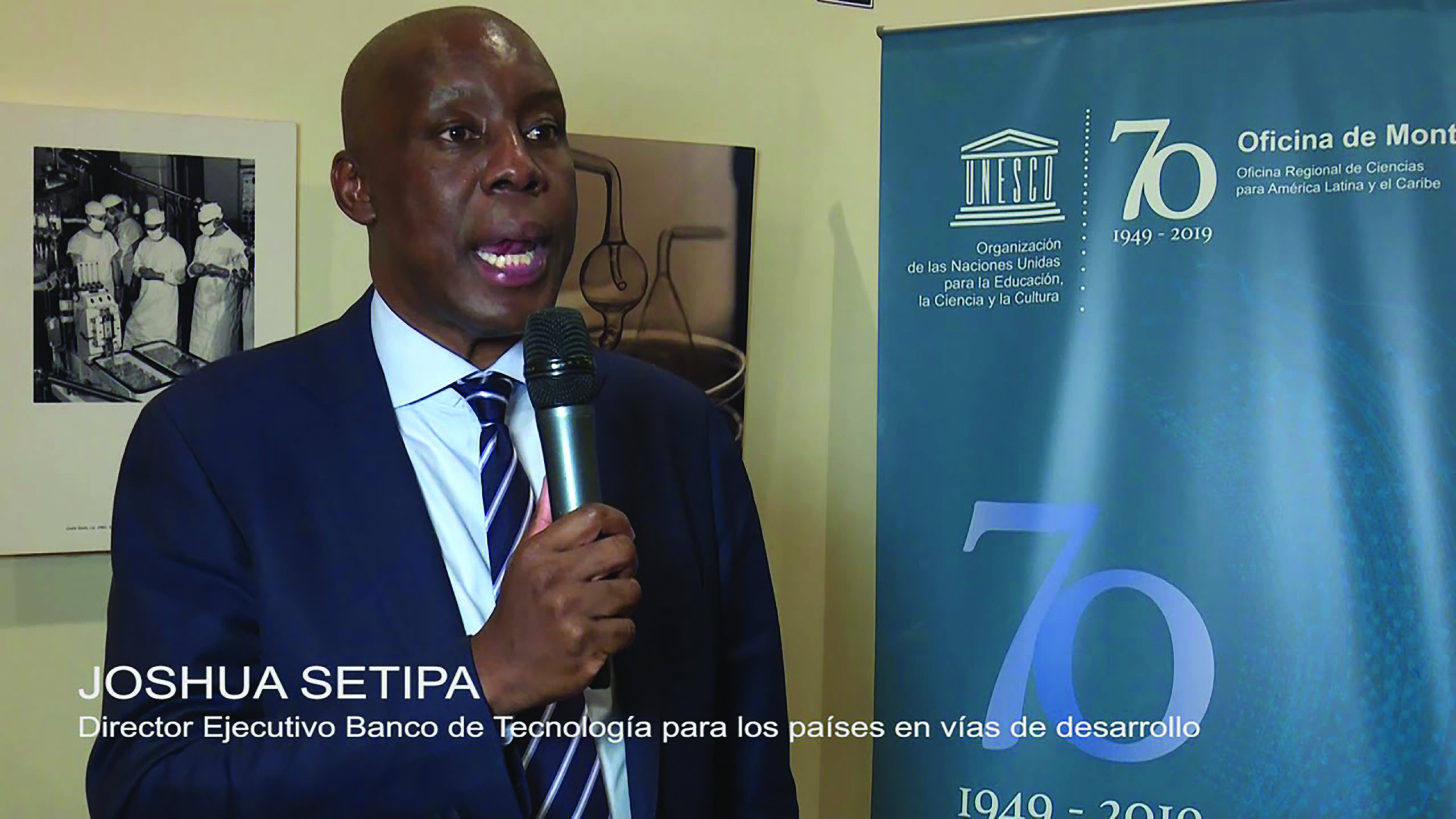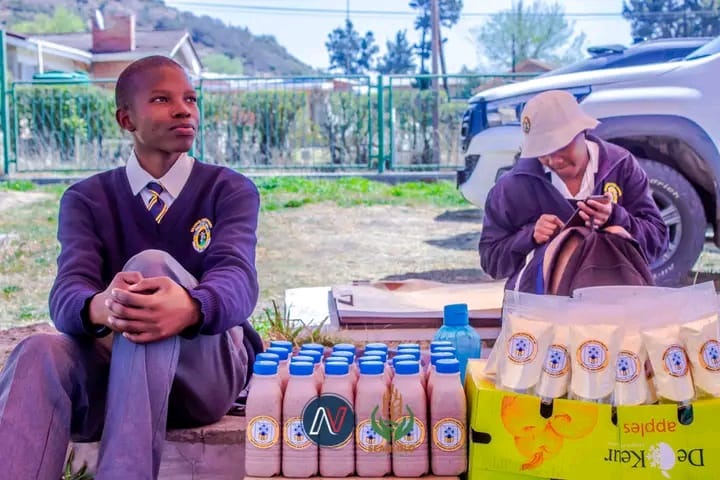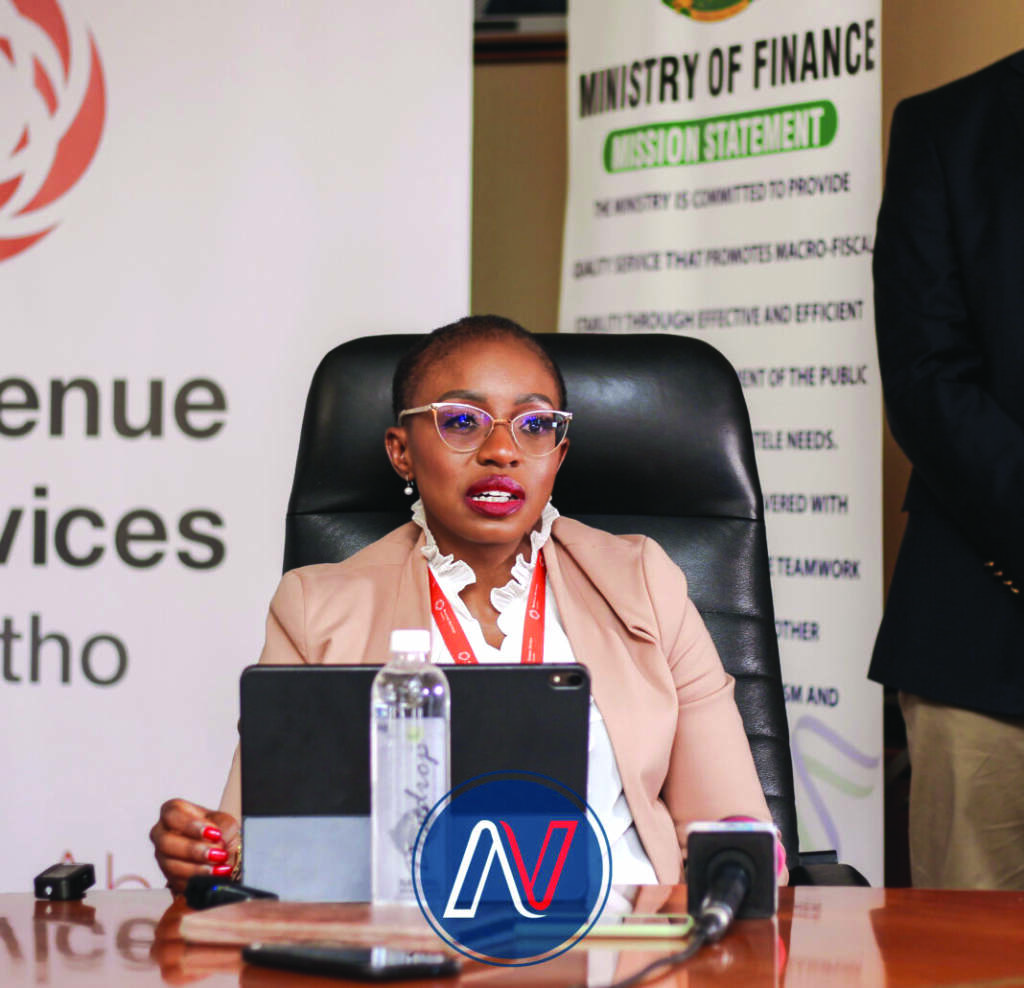Lineo Mahlomola and Ntsoaki Motaung
Lesotho is facing a grave crisis as the Director for Planning, Lineo Mamonaheng Mokitimi, confirmed the shocking rise in school dropouts.
In an exclusive interview with Newsday this week, Mokitimi acknowledged the severity of the issue, pointing to preliminary findings from the 2022 study.
While unable to provide specific statistics, Mokitimi expressed concern over the increasing number of students abandoning their education.
The ongoing study, she stated, indicated a troubling trend that couldn’t be solely attributed to the disruptions caused by the COVID-19 pandemic.
“We are only going through the study, and the preliminary findings have suggested that we have a problem when it comes to school dropouts. Although I do not have statistics now, or the full results, we can’t blame high numbers on Covid-19,” she said.
Primary education is not immune to the dropout crisis, but secondary education appears to be the hardest hit, according to Mokitimi.
She identified poverty, early and unintended pregnancies, as well as child marriages as key factors driving the surge in dropouts.
This publication reported last year that Mpeake Sekhibane, the Project Manager for Hlokomela Banana—an initiative by Her Majesty Queen ‘Masenate Mohato Seeiso to retain girls in schools by providing essential sanitary kits—revealed that 1,400 girls dropped out of schools they assisted across the country in the previous year.
Minister of Education and Training Professor Ntoi Rapapa on Monday addressed the issue, noting that 2024 had been designated by the African Union (AU) as the year of education.
Rapapa urged urgent measures to tackle the challenges facing the education system.
While acknowledging improvements in completion rates and access to Technical and Vocational Education and Training (TVET), Rapapa emphasised the need for collective action.
He announced that the government plans to observe “Back-to-school Day” on January 29, calling on all the citizens to contribute by donating school equipment, including uniforms, to those less fortunate.
“This year’s Back-to-school Day will be on January 29 and I call upon every Mosotho to contribute to the celebration by donating school equipment including school uniforms to the less fortunate,” he said.
Rapapa also highlighted the increasing involvement of the private sector in educational investments.
He commended the significant contributions received, including a pledge of close to M40 million from tennis legend Roger Federer, which spurred additional commitments totaling close to M20 million to support education.
The lack of financial resources to enroll children in high schools poses a formidable obstacle to shaping their futures.
The abrupt termination of education not only denies students academic growth but also exposes them to a myriad of social challenges, particularly affecting girls who become vulnerable to teenage pregnancy and child marriage.
Research consistently underscores the alarming consequences of girls dropping out of school.
Statistics indicate that these girls are not only more likely to marry at a young age but also face an increased risk of early pregnancy. The vulnerability of a girl to child marriage significantly rises when she is deprived of an education.
In-depth studies reveal that girls without formal education are three times more likely to be married by the age of 18 in comparison to their counterparts with secondary or higher education.
Shockingly, over 60 percent of women aged 20 to 24 with no education were found to be married before turning 18.
A powerful correlation emerges—the longer a girl stays in school, the less likely she is to face early marriage and the challenges of parenting during her teenage years. Education emerges as a powerful deterrent against these societal pitfalls.
Compounding the issue is the burden placed on students themselves to secure funds for their education. Some boys resort to working as herd boys, while girls take up roles as domestic workers, often under exploitative and abusive conditions, all in a desperate bid to finance their school fees.
Tragically, some girls become victims of sexual exploitation by unscrupulous figures such as teachers, taxi drivers, and so-called “blessers” who offer financial assistance in exchange for sex. This exploitative practice places girls in compromising situations, further deepening the challenges they face in pursuit of education.
Breaking this cycle of educational barriers is crucial not only for the immediate well-being of the students but also for the long-term development and prosperity of Lesotho.
Summary
- He announced that the government plans to observe “Back-to-school Day” on January 29, calling on all the citizens to contribute by donating school equipment, including uniforms, to those less fortunate.
- “This year’s Back-to-school Day will be on January 29 and I call upon every Mosotho to contribute to the celebration by donating school equipment including school uniforms to the less fortunate,” he said.
- A powerful correlation emerges—the longer a girl stays in school, the less likely she is to face early marriage and the challenges of parenting during her teenage years.

Your Trusted Source for News and Insights in Lesotho!
At Newsday Media, we are passionate about delivering accurate, timely, and engaging news and multimedia content to our diverse audience. Founded with the vision of revolutionizing the media landscape in Lesotho, we have grown into a leading hybrid media company that blends traditional journalism with innovative digital platforms.










